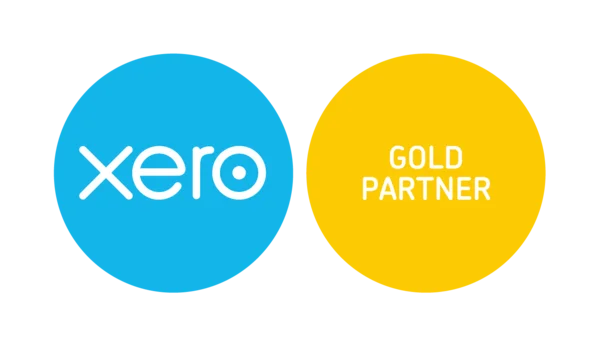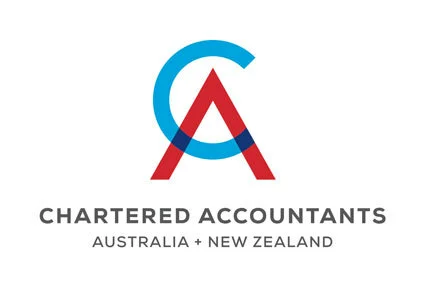The FBT year ends on 31 March

Navigating the complexities of Fringe Benefits Tax (FBT) can be daunting for small business operators in Australia. As the end of the FBT year approaches, it’s crucial for you to take proactive steps to ensure compliance and minimise potential liabilities. Here’s a guide on what small business operators need to do to prepare for the end of an FBT year:
Review FBT Obligations: Small business operators must first understand their FBT obligations and ensure compliance with relevant laws and regulations. This includes identifying any fringe benefits provided to employees or associates of employees throughout the FBT year and assessing their tax implications. Fringe benefits can include the provision of cars, loans, reimbursement of private expenses, use of business equipment for private purposes, living away from home allowances, entertainment and so forth.
Make sure you have accurate records: Maintaining detailed and accurate records of all fringe benefits provided is crucial for FBT compliance. Small business operators should ensure that records are up-to-date, including receipts, invoices, and documentation related to each benefit provided. This will facilitate the preparation of FBT returns and help in the event of an audit by the Australian Taxation Office (ATO).
An important part of ensuring FBT compliance is having the necessary employee declarations. There are many different types of declarations. You can find a list by going to Businesses and Organisations/About Declarations page on the ATO website (ato.gov.au). There are quite a lot of different declarations, so this webpage is worth checking out.
Seek Professional Advice: FBT is complex and the taxable value of different types of benefits can be calculated in quite different ways. Unless you are very familiar with how the taxable values of benefits are calculated, you are well advised to obtain professional help from your accountant/tax agent.
Consider FBT Exemptions and Concessions: Small businesses may be eligible for certain FBT exemptions or concessions, which can help reduce their FBT liabilities. There are many exemptions and concessions. So, don’t be too quick to say that a benefit is taxable. There might be a way out.
Salary Packaging: Salary packaging can be an effective way for small business operators to provide additional benefits to employees. Given the right numbers, this can be particularly so with a new motor vehicle. Currently, electric vehicles that cost less than $89,332 are free from FBT. If an employee wants to purchase a new motor vehicle and is happy to drive an electric vehicle, this can provide outstanding benefits to the employee.
Lodge FBT Returns on Time: Small business operators must ensure timely lodgement of their FBT returns to avoid penalties and interest charges. The FBT year ends on 31 March, and businesses, who use a tax agent, typically have until around mid to late May to lodge their FBT returns with the ATO. Failing to meet lodgement deadlines can result in financial penalties, so it’s crucial for businesses to plan ahead and allocate sufficient time for FBT compliance activities.
FBT is recognised as one of the most under-reported taxes. Often small business owners do not appreciate that a benefit provided to an employee is taxable. The FBT was cleverly drafted in that everything is a benefit to an employee – unless it is specifically excluded. This provides a very wide net to catch benefits. And it is why there is a specific exemption in the FBT for employees using the toilet (we kid you not!).







